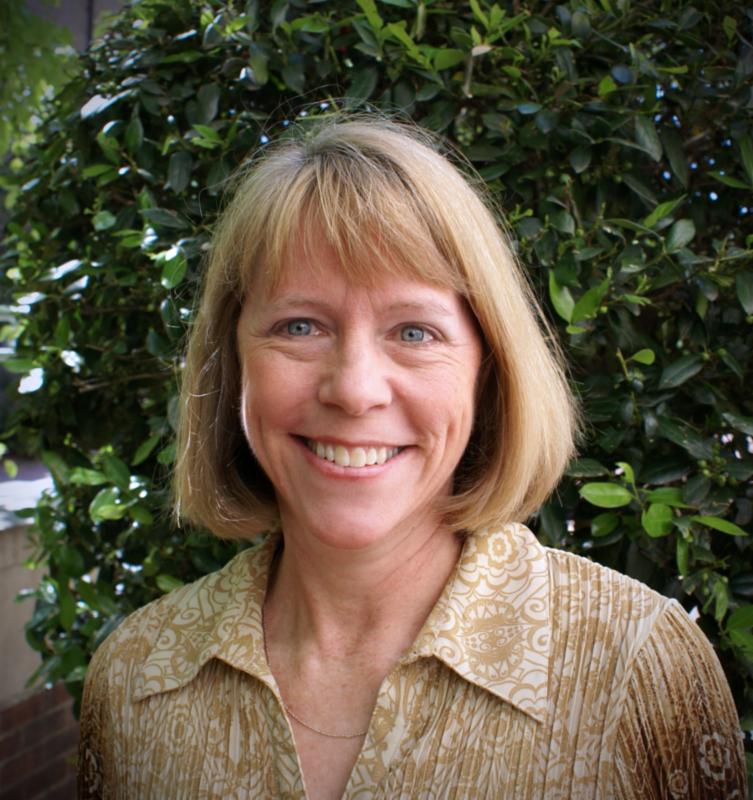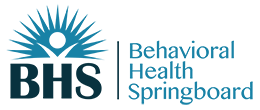 For those involved in clinical practice, this workshop will address working with people who are suicidal, including prevention, intervention and postvention issues. This will include evaluation of risk and protective factors, evidence-based treatments, legal and clinical standards of care, and the impact of factors such as childhood trauma, social media, bullying, culture, chronic or terminal illness and access to lethal means on practice. We will learn two evidence-based interventions for those with suicidal thinking. We will also consider guidelines for responding to families, clinicians and the community after a suicide.
For those involved in clinical practice, this workshop will address working with people who are suicidal, including prevention, intervention and postvention issues. This will include evaluation of risk and protective factors, evidence-based treatments, legal and clinical standards of care, and the impact of factors such as childhood trauma, social media, bullying, culture, chronic or terminal illness and access to lethal means on practice. We will learn two evidence-based interventions for those with suicidal thinking. We will also consider guidelines for responding to families, clinicians and the community after a suicide.
Date: February 12, 2020
AGENDA
Registration 8:30 am – 9:00 am
Training 9:00 am – 12:30 pm
Learning Objectives:
At the conclusion of this activity, the participant should be able to:
- Describe the most important risk and protective factors for suicide
- Discuss suicide prevention efforts and their levels of effectiveness
- Apply two evidenced-based clinical interventions shown to reduce acute risk in acute suicidality.
- Discuss practice issues regarding suicide risk, such as use of contracts, legal and clinical standards of care
- Identify the influence of suicide and severe attempts on family, community and clinicians and postvention actions that mitigate risk
Target Audience:
Mental health professionals including psychologists, clinical social workers, licensed professional counselors, marriage and family therapists, and substance abuse counselors.
Confirmation Notices and Certificates of Completion:
We will confirm your registration by email after payment is received. Successful completion includes full attendance for the entire time. Within 7 business days of the conclusion of the event, you will receive an email notifying you that the evaluations and certificates are ready. The email will include a link to https://bhs.unc.edu where you can log in using the username and password you chose at registration. Once you have logged in, you will see the training titles listed under "My Courses" on the left side. After clicking on the link, you will be taken to another page where you can click the link to the event evaluation. Once you have completed and submitted your evaluation, you can click on the link to access the Certificate of Completion. Your Certificate will be emailed to you as a PDF document.
DATES & LOCATIONS
| Dates | Location |
|---|---|
|
February 12, 2020 |
Extraordinary Ventures |
AGENDA
Registration 8:30 am – 9:00 am
Training 9:00 am – 12:30 pm
REGISTRATION $30 registration fee for the one-day event. Pre-registration is required and registration fees are due on or before the program date unless your organization is paying the fee as authorized by your supervisor on the registration form. Refunds will be issued up to two weeks before the training date. Fee includes credit, lunch, refreshments, and handouts.
DIRECTIONS & PARKING - Parking is free
See the links in the table above.
The University of North Carolina at Chapel Hill School of Social Work has been approved by NBCC as an Approved Continuing Education Provider, ACEP No. 6642. Programs that do not qualify for NBCC credit are clearly identified. The University of North Carolina at Chapel Hill School of Social Work is solely responsible for all aspects of the programs.
This course is approved by the North Carolina Substance Abuse Professional Practice Board for 3 SS Contact Hours (20-206-S).
 Jodi Flick, LCSW, ACSW
Jodi Flick, LCSW, ACSW
Jodi Flick, LCSW, ACSW, is a Clinical Associate Professor with the University of NC at Chapel Hill School of Social Work. She is a member of the N.C. Suicide Prevention Task Force and the Triangle Coalition for Suicide Prevention. She also facilitates the Chapel Hill Survivors of Suicide Loss Support Group.
Jodi has provided direct services in outpatient and inpatient mental health, as a Crisis Counselor with the Chapel Hill Police Department, in poverty relief services and in medical social work, with over 40 years of clinical social work experience.
Jodi has considerable experience teaching at conferences, colleges and local organizations. She is actively involved in volunteer work and community organization around social justice and service issues. Jodi is a dynamic trainer who actively engages participants in the learning.
